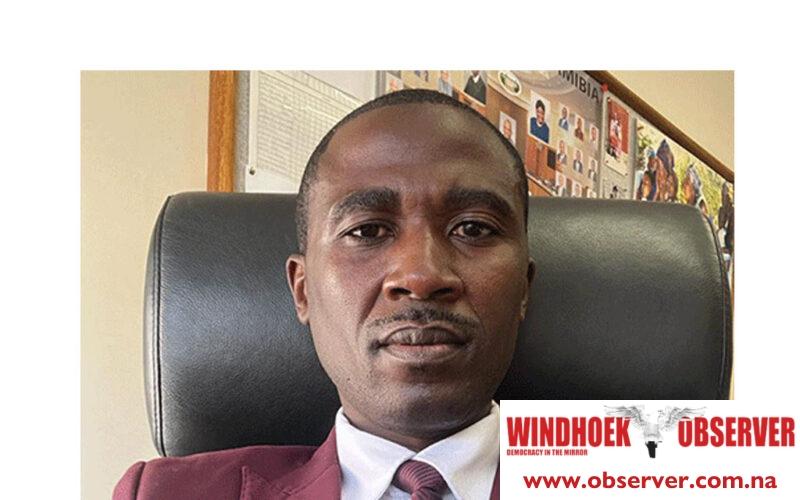Hertta-Maria Amutenja
The Ministry of Health and Social Services has confirmed that ongoing staff shortages and high patient volumes during night hours at Katutura Health Centre have led it to request private doctors to offer their services for free.
The ministry appealed to registered medical officers in private practice to volunteer for evening shifts at the busy Windhoek-based facility from 17h00 to 23h00, starting 1 July and continuing until further notice.
Ministry spokesperson Walters Kamaya explained that while Katutura Health Centre has a good number of staff, the volume of patients at night often exceeds the current workforce’s capacity.
“At times, the influx of patients is quite high,” he said.
Kamaya emphasised that the request was part of the ministry’s effort to strengthen partnerships with non-state healthcare providers.
“The ministry believes in collaboration with the private sector and is keen to strengthen partnerships with other healthcare providers,” he said.
The ministry did not specify how many private doctors are being targeted or how the pro bono work would be structured in terms of logistics, legal protections, or clinical responsibilities.
However, Kamaya highlighted that the initiative is part of a broader public-private cooperation framework. He also noted that the ministry is working to address internal staffing issues through a Cabinet-approved long-term employment plan.
“The ministry is operating on a costed plan which was approved by Cabinet. The ministry is trying to employ as many as possible despite facing the challenge of staff turnover,” Kamaya said.
Namibia’s public health workforce is under pressure. Health minister Dr Esperance Luvindao told Parliament in May that the sector is operating at about 50% of its required staffing capacity, which she described as “very dangerous”.
Luvindao added that the Cabinet approved over 11,700 new positions this year, but current funding covers only 434 posts, representing just N$150 million of the N$4.6 billion needed.
She said the ministry was actively seeking support from development partners and private stakeholders and referred to herself as “a professional beggar” when advocating for health resources to address the employment and service gaps.




